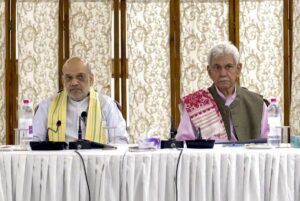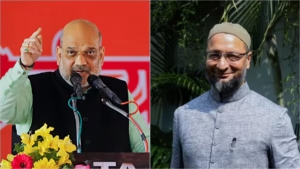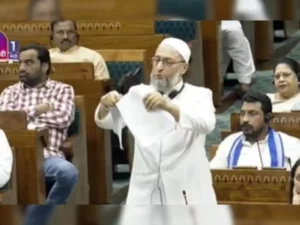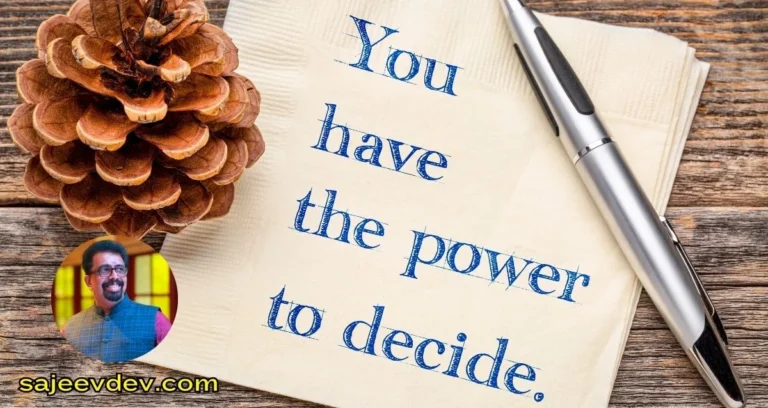
Attending an All-Party Meeting with Asaduddin Owaisi: A Step Towards Unity in Tough Times
Asaduddin Owaisi the president of the All India Majlis-e-Ittehad-ul-Muslimeen (AIMIM) confirmed in a major political development that Union Home Minister Amit Shah personally invited him to attend an important all-party meeting. Political leaders from all walks of life have come together for this meeting which was held in the wake of the Pahalgam terror attack. It demonstrates the importance of presenting a unified front when addressing urgent national security issues.
An Appeal for Unity

Amit Shah’s call comes at a critical juncture in Indian politics when the security and integrity of the country come before personal grievances. This meeting represents a shared commitment to combat the threat of terrorism and uphold border peace as the nation laments the deaths caused by the terror attack.
Owaisi who frequently speaks with a different voice in Indian politics acknowledged the significance of this kind of discussion and stated that he was willing to take part. “Unity is imperative to send a strong message against those who seek to disrupt our peace and harmony at a time like this,” he said.
“PM Modi Vows Justice for Pahalgam Attack
The Current Agenda

To discuss the Pahalgam terror attack and other comparable threats that have unsettled the nation’s conscience an all-party meeting has been called. Beyond merely talking about current security issues the agenda seeks to encourage collaboration between political players in order to develop a long-term plan for counterterrorism and national security.
Discussions could focus on improving counterterrorism measures, bolstering intelligence-sharing mechanisms, and tackling the social, political, and economic issues that frequently act as fertile ground for extremist ideologies, according to sources. Diverse viewpoints can be heard at this meeting, guaranteeing a comprehensive and inclusive strategy for addressing such issues.
Amit Shah’s Outreach: A Clever Step

Amit Shah’s personal invitation to Asaduddin Owaisi emphasizes how important it is to overcome political differences during emergencies. Despite their well-known ideological differences Shah’s outreach emphasizes the importance of cooperation across party lines and individual differences.
Owaisi sees this invitation as an opportunity to express the concerns of the people he represents as well as a sign of political recognition. Given his strong views on justice equality and minority rights—all of which are crucial when tackling matters pertaining to national security—his involvement could provide insightful information.
The Wider Consequences

India’s democratic ethos is demonstrated by the choice to include leaders from different political ideologies in these discussions. It displays a level of political leadership maturity where disagreements are put aside for the benefit of the whole. Additionally it communicates to enemies that India’s leadership is strong unified and ready to defend its sovereignty at all costs.
The political fabric of India is also affected by this event. It acts as a reminder that in spite of political and ideological differences there are times when the needs of the country must come first—a notion that is consistent with democracy’s fundamental ideals.
In conclusion
In difficult times the all-party gathering that Amit Shah called and that leaders like Asaduddin Owaisi attended is a ray of hope. It exemplifies the value of communication cooperation and solidarity in tackling the difficulties that a dynamic and diverse nation like India faces.
The country awaits the results of the meeting which will influence India’s national security strategy. One can only hope that this cooperative attitude will endure and promote a political culture that values diversity and unanimity in the face of hardship
DPVNATION





